APS Spotlight
Video: The 2020 and 2021 APS Lifetime Achievement Awards
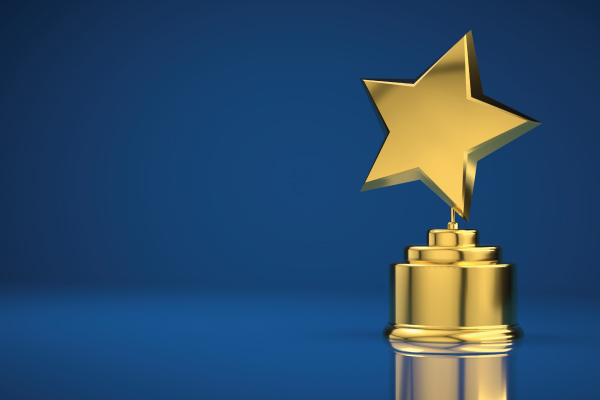
Always a highlight of the APS Annual Convention, the traditional presentation of Lifetime Achievement Awards was forced to pivot in the pandemic years of 2020, when the convention was cancelled, and 2021, with APS’s first-ever “virtual” convention. All 21 recipients of the 2020 and 2021 APS Lifetime Achievement Awards delivered their remarks by video, sharing their science and professional journeys for others to enjoy online at any time.
The following pages feature a brief excerpt of each recipient’s remarks. Some excerpts have been lightly edited. Lisa Feldman Barrett (APS President 2019–2020) of Northeastern University introduced the 2020 recipients. Shinobu Kitayama (APS President 2020–2021) of the University of Michigan introduced the 2021 recipients.
Learn more about the APS Lifetime Achievement Awards, including previous recipients.
2020 APS William James Fellow Award | 2020 APS James McKeen Cattell Fellow Award | 2020 APS Mentor Award | 2021 APS William James Fellow Award | 2021 APS James McKeen Cattell Fellow Award | 2021 APS Mentor Award
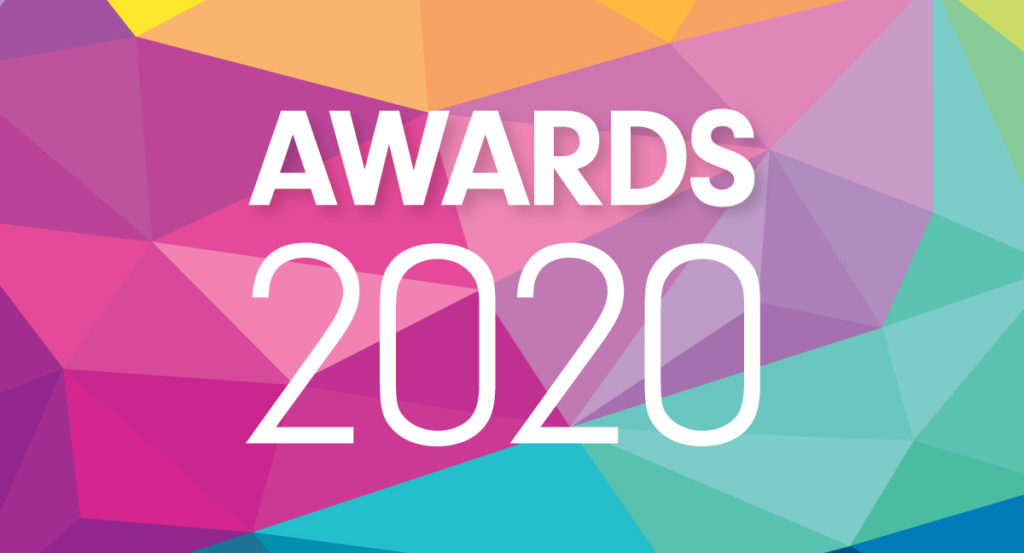
2020 APS William James Fellow Award
Honors APS members for their lifetime of significant intellectual contributions to the basic science of psychology.
Neil Burgess (University College London, UK)
Neural Mechanisms of Spatial Memory and Cognition
I’ve always been interested in memory, and in understanding how it results from the firing of neurons via computational modelling. I’m also interested in spatial cognition, which allows a cross-species approach, with similar tasks in rodents and humans…. We’ve taken insights from rodent electrophysiology to form a neural-level understanding of human spatial memory…. It’s possible that place [neurons whose firing is influenced by visual inputs] and grid cells [neurons whose firing is influenced by self-motion] form a system for much more than spatial memory, in which place cells represent states or concepts in arbitrary problem spaces and grid cells represent the vectors between them, capturing either transition statistics or relational knowledge and allowing navigation within these conceptual spaces.”
Carol S. Dweck (Stanford University, USA)
Mindsets and Opportunities in My Life and Work
We used to mock researchers for studying what they were bad at—you know, the forgetful person who studied memory, the totally impulsive person who studied self-control—but I was determined to get to the bottom of my own question. Why do some people shy away from challenges and wilt in the face of obstacles, while others equally able—no more able—go for it? When I embarked on this research, first studying it in children, I was fascinated by their starkly different reactions when they encountered hard problems in our experiments. Some children indeed wilted, but others seemed undaunted or even delighted. I’ll never forget the 10-year-old boy given problems he couldn’t solve who rubbed his hands together, smacked his lips and said, ‘I love a challenge.’ Then and there, I made a vow to learn their secret, to bottle it, and to distribute it widely—and, by the way, to take a few healthy swigs of it myself.”
Susan A. Gelman (University of Michigan, USA)
What Children Can Teach Us About Concepts
This terrible year provides a backdrop for a question that has motivated my research throughout my career, namely, how and why do we form the categories that we do? What do categories do for us? We know from decades of psychological research that every organism, from mealworm to chimp, organizes experience into categories. The textbooks tell us that this increases efficiency. Rather than track every individual we encounter, we have summary mental representations that allow us to efficiently access what we know. But human categories do much more than just sort facts into file folders. I propose that for humans, a category is more like a miniature theory.”
Andrew N. Meltzoff (University of Washington, USA)
Imitation as a Vehicle for Social Learning: Theoretical Advances
Based on the behavioral results of infant imitation and newer neuroscience studies, I have advanced a theoretical view called the ‘Like-Me’ hypothesis. I propose that young infants, even before spoken language, can detect the equivalences between self and other and make the judgment that other people are ‘like me.’ I think this has deep implications for the development of social cognition. For instance, it may support infant behavioral imitation, engender the basic feelings of interpersonal connectedness between infants and adults, and underlie the development of empathy, perspective-taking, and other aspects of more mature social cognition.”
2020 APS James Mckeen Cattell Fellow Award
Honors APS members for their lifetime of significant intellectual achievements in applied psychological research and their impact on a critical problem in society at large.
Thomas E. Joiner (Florida State University, USA)
The Interpersonal Theory of Suicide
There has been an understandable yearning in clinical circles for prediction. I’m a clinician myself in addition to being a scientist and scholar. Clinical work’s an important part of the professional life, and I know for sure that the knowledge of who will die, when they will die, how they will die, would be very reassuring to know, not to mention life-saving for hundreds of thousands of people. And yet, prediction is just not where the state of the art is in our science. Moreover, there’s no need for high predictive power in order to achieve significant explanatory reach. In fact, that’s the status quo in a number of research areas having to do with health. Heart attacks, for instance. We don’t know very much really about the who, when, and even the details of how with heart attacks. Strokes are another example.… Nevertheless, we understand a lot about these conditions, and we know what to do to improve them.”
Richard M. Lerner (Tufts University, USA)
Promoting Positive Youth Development: Plasticity, Specificity, Non-Ergodicity, and Contributions to Social Justice Among Global Youth
Three concepts that I’m going to be explaining are plasticity, or the potential for systematic change across the lifespan; specificity, the idea that each person has characteristics of individuality that make him or her distinct; and then a complex concept called non-ergodicity.… It’s basically the idea that we don’t want to use averages across groups to try to represent the specific attributes of any individual young person.… When I finish talking about these three concepts I will be in a position to talk about how we can use psychological scholarship to promote positive development and social justice…. All youth have strengths, and all contexts within which you live and work and develop have resources that—if we’re smart enough—we can align with young people’s strengths [to] promote their positive youth development.”
2020 APS Mentor Award
Recognizes APS members who have significantly fostered the careers of others, honoring those who masterfully help students and others find their own voices and discover their own research and career goals.
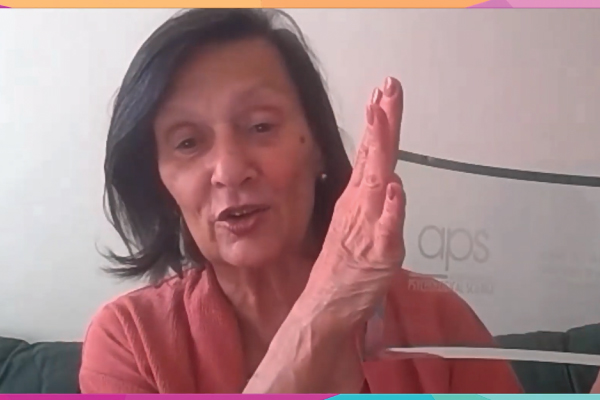
Toni C. Antonucci (University of Michigan, USA)
Their career goals are not your career goals, and you really need to help folks that you want to mentor discover what’s important to them, and so often I start with that question. What’s important to you? … What’s the topic you went to graduate school for? Almost always people have an answer to that question…. If they don’t have an answer, then you might have to work a little harder to get people to think about why they ever decided to go into graduate school… [T]hen my biggest struggle is to be sure not to impose my view of their topic on them…, I try to set up a dialogue that … provides a freedom to say anything they want.”
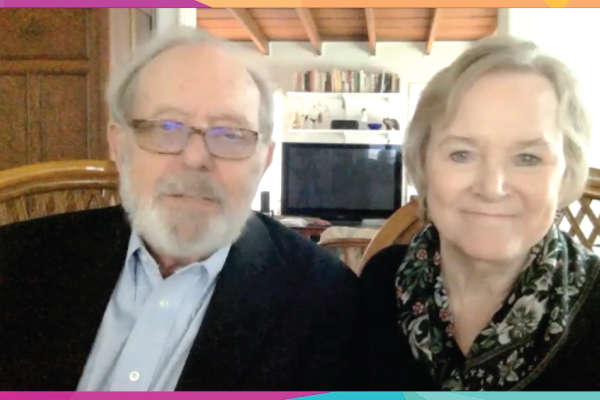
Elizabeth Ligon Bjork and Robert A. Bjork (University of California, Los Angeles, USA)
Elizabeth: “Make sure that the person you’re thinking about working with is somebody who is actually interested in the same issues you are—at least in a broad way. We’ve both had students who are very interested in an aspect of human learning and memory that we had not worked on or knew much about, and they have really inspired us to broaden our perspective and gain new interests. And then I think you want an advisor who really has your best interest at heart and is very interested in promoting your career and advancing your knowledge and success rather than someone who is kind of using you as a way to increase their own success and glory.”
Bob: “One thing we advise our own undergraduate students who are going off to graduate programs is to be sure to talk with the graduate students or postdoctoral fellows who are already at that place. What’s it like to be there? What’s the level of interaction? They’ll always tend to get an honest reply because the students answering such questions don’t want to have a new student show up and then ask them why they said that when something else is true. It’s an especially valuable thing to do because, while we—for example—have close relationships with a number of our colleagues, we are not supervised by them.”
E. Tory Higgins (Columbia University, USA)
I think it is important for faculty mentors to understand that they have a responsibility to their mentees in the mentor-mentee relationship that is different from the mentees’ responsibility to them. Yes, the research collaboration is a ‘we’ project with the student taking the lead, but students can need help in their careers that only faculty can provide given faculty’s greater organizational power. Faculty mentors need to provide their mentees with the professional help they need to build their careers. With greater power comes greater responsibility. The research collaboration may be equal, with the mentee even being given higher status as the leader of the ‘we’ project, but the responsibility for your research partner’s career is greater for the mentor.”
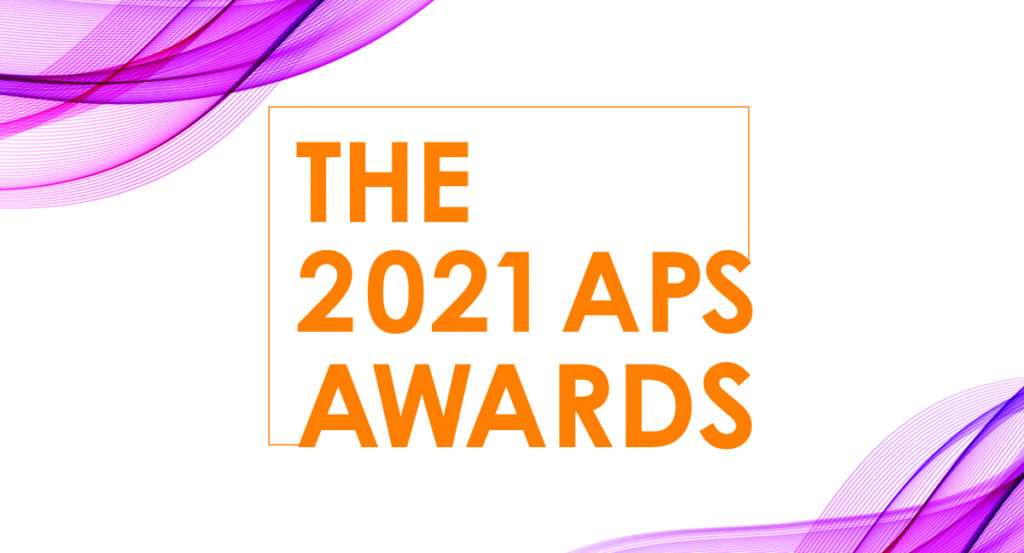
2021 APS William James Fellow Award
Honors APS members for their lifetime of significant intellectual contributions to the basic science of psychology.
Michelene (Micki) Chi (Arizona State University, USA)
How Students Learn
My work has always been about learning, in particular learning of authentic new information … versus arbitrary sentences.… One effective way to learn is for students to explain [instructional materials] to themselves—self-explaining is what I call it. It is a way of generating inferences from prior knowledge and connecting new information presented in the learning materials with prior knowledge…. Potentially the most effective way to learn is collaboratively by interacting with a peer, but the way of interacting is crucial. To be beneficial, collaborators must interact with a peer in a co-constructive or co-generative way.… The advantage of collaboration is not the availability of complementary knowledge (some of the prevailing views suggest that) but [rather] building on partners’ inferences, resulting in knowledge that neither partner could create on their own.”
Dante Cicchetti (University of Minnesota, USA)
Career Pathways: Past, Present, and Future
My initial vision for developmental psychopathology was for it to become a science that not only bridged fields of study and aided in the discovery of important new truths about the processes underlying adaptation and maladaptation across the life course, but also provided the best means of preventing and ameliorating maladaptive and pathological outcomes. Moreover, the field of developmental psychopathology should continuously seek to reduce the dualisms that exist between empirical research and the clinical study and treatment of childhood and adult high-risk conditions and mental disorders, between the behavioral and biological sciences, and between basic and applied research.”
Nancy Kanwisher (Massachusetts Institute of Technology, USA)
Functional Imaging of the Human Brain: A Window into the Organization of the Human Mind
I know some consider it controversial to claim that some cortical regions carry out very specific mental functions, but actually the evidence is overwhelming.… When we get the rare privilege of directly recording actual neural responses from electrodes in the brains of human neurosurgery patients … we see nearly exclusive responses to faces in intracranial recordings.… Studies of patients with intracranial electrodes have also enabled us to conduct our strongest causal tests.… I’m not claiming that all patches of the cortex are functionally specific.… I’m also not claiming that any of these regions act alone.… We still have a huge space of unanswered questions about the computations, interactions, and developmental and evolutionary origins of these [brain] regions.”
James W. Pennebaker (University of Texas at Austin, USA)
Analyzing Words: Personality, Thinking Styles, and Behavior
Over the years, we discovered that the words people use in everyday life really reflect who they are, how they think, how they connect with others. By analyzing language, we can tell if someone is telling the truth or lying, if they are high status or low status, if they’re males or are females, what their personality is, etc. In the last five or ten years we’ve expanded this in a way … that I would have I would have never imagined, which is using big data methods, working with people in computer science as well as psychology and other disciplines…. In other words, here’s a new way to start thinking about people and how they’re connected and enmeshed with people throughout their social network.”
2021 APS James McKeen Cattell Fellow Award
Honors APS members for their lifetime of significant intellectual achievements in applied psychological research and their impact on a critical problem in society at large.
Alison Gopnik (University of California, Berkeley, USA)
Three Ages and Three Intelligences: Explore, Exploit, Care
Almost all the work on intelligence and cognition has focused on prime-of-life adults. We’re just beginning to understand a special kind of intelligence, the kind that comes with elders … focused on caring for other people, passing on information to a new generation rather than maximizing resources. I sometimes say we’re really at our most human before puberty and after menopause. It’s then that the most human capacities—for broad exploration, for cultural transmission—are at their peak. We do this a bit as adults, but we’re too preoccupied with finding our way in the hierarchy and getting resources and mates…. I think if we pay more attention to … children and elders, we might learn some really deep things about how the human cognition works.”
Megan Gunnar (University of Minnesota, USA)
When You Are Wrong Is Often More Important Than When You Are Right
Just about the time I was finally hitting paydirt on the role of attachment figures in regulating children’s stress biology, another completely baffling set of results landed in the lab…. Cortisol should decrease across the day, but in full-day child care, it was going up…. What became clear is that the quality of care predicted how much of a rise in cortisol child care produced. But it did not answer the key question: Does it matter? Over and above child-care quality, are these elevations in cortisol every day the child is in care having an effect on the children’s development? I knew it would be irresponsible of me to leave this area until I had that answer.”
Saul Kassin (John Jay College of Criminal Justice (New York) and Williams College, USA)
False Confessions: A Journey From the Social Psych Lab to the Innocence Project’s Exonerees
The Central Park jogger case is of historic significance. The exonerated five have become spokespersons for criminal justice reform, but the most important part of the story is to know that this fantastical incident is not a one-time only affair. It happens all the time…. It was clear, as attribution theorist Fritz Heider would have predicted, people instinctually trust confessions, statements against self-interest, sometimes to the point where nothing else matters. From [Stanley] Milgram on the one hand to Heider on the other, we had a problem…. The twin pillars of this problem were, first, people can be induced to confess the crimes they didn’t commit by interrogators. Two, the rest of the world will believe those false confessions. They will underappreciate the role of the situational forces.”
2021 APS Mentor Award
Recognizes APS members who have significantly fostered the careers of others, honoring those who masterfully help students and others find their own voices and discover their own research and career goals.
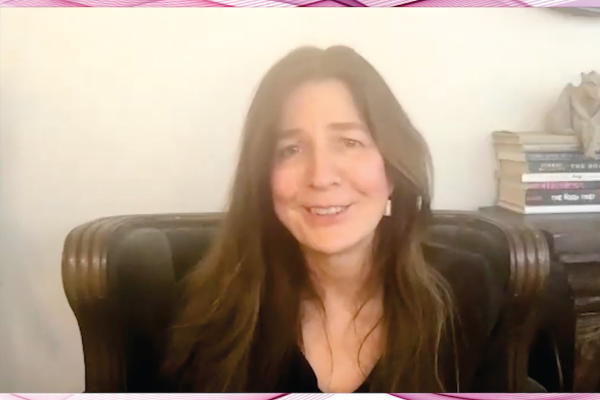
BJ Casey (Yale University, USA)
I believe that successful mentoring is a collective process. It involves building a scientific family and community who are bridged by their scientific curiosity and love of scientific discovery. This community together mentors and supports subsequent generations of mentees and celebrates all their many achievements along the way! There is no single mentoring style that fits all, but a collective of mentors and mentoring styles probably prepares you most. Look for individuals who are scientifically curious, productive and generative—but why stop at just one? We are in academia to teach future generations of scientists, so use us all. This will be true throughout your entire career. ”
Harald Merckelbach (Maastricht University, The Netherlands)
The most important thing that I learned [from Marcel van den Hout, my PhD supervisor] was to think in terms of causal models and try to test your models once you have formulated them, try to test them to destruction…. What is important for growth—intellectual growth—is that you receive criticism. You should have a mentor that is nice, on the one hand, but also constructive and critical…. Because if you’re working on your own, if you’re working in isolation, you will not easily see your shortcomings and your failures. And if you really want to grow, you need critical feedback.”
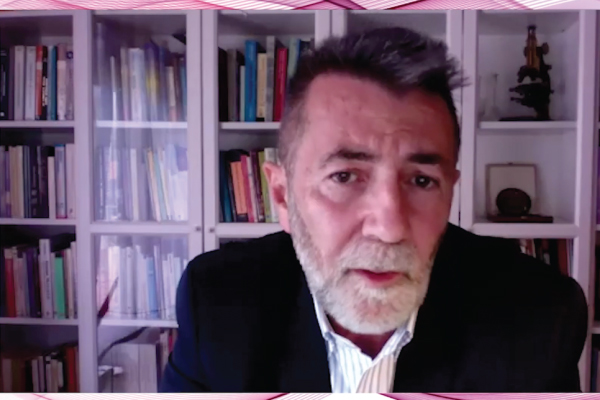
Miguel Moya (University of Granada, Spain)
Investigative ability and rigor are not enough. I also think that the most important thing for a mentor is to show a great respect for one’s mentees.… I believe that the mark of good mentoring is to strike a balance between fostering independence and autonomy in a student and offering guidance and assistance to them when necessary. This means being attentive to each student; to their vital and their academic circumstances. From my perspective, it is equally bad to leave a student alone throughout their development, as to relegate them to a mere executor of the ideas that have occurred to us.”
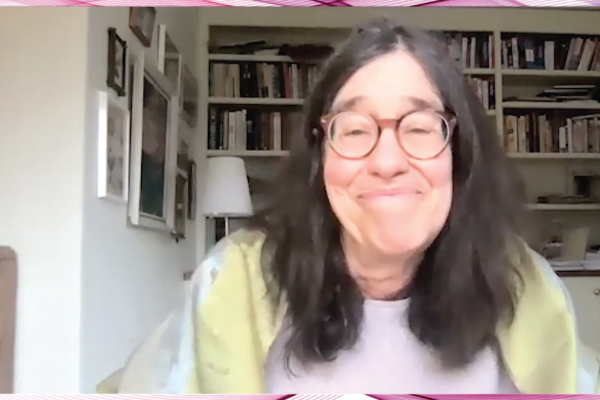
Elizabeth Spelke (Harvard University, USA)
The best research that [students] will do will be the research on questions they love, that keep them up at night, that they’re fascinated by as they get clues to the answers…. What I try to do for all my students is to help them to find their way toward the questions and the lines of research that they’re passionate about…. I try to do this in part by encouraging them when they hit obstacles, telling them there’s always going to be obstacles in your path, and the more interesting the phenomena you’re working on, likely the more surprises you’ll get and therefore the more rethinking you’ll need to do.”
Feedback on this article? Email [email protected] or scroll down to comment.





APS regularly opens certain online articles for discussion on our website. Effective February 2021, you must be a logged-in APS member to post comments. By posting a comment, you agree to our Community Guidelines and the display of your profile information, including your name and affiliation. Any opinions, findings, conclusions, or recommendations present in article comments are those of the writers and do not necessarily reflect the views of APS or the article’s author. For more information, please see our Community Guidelines.
Please login with your APS account to comment.